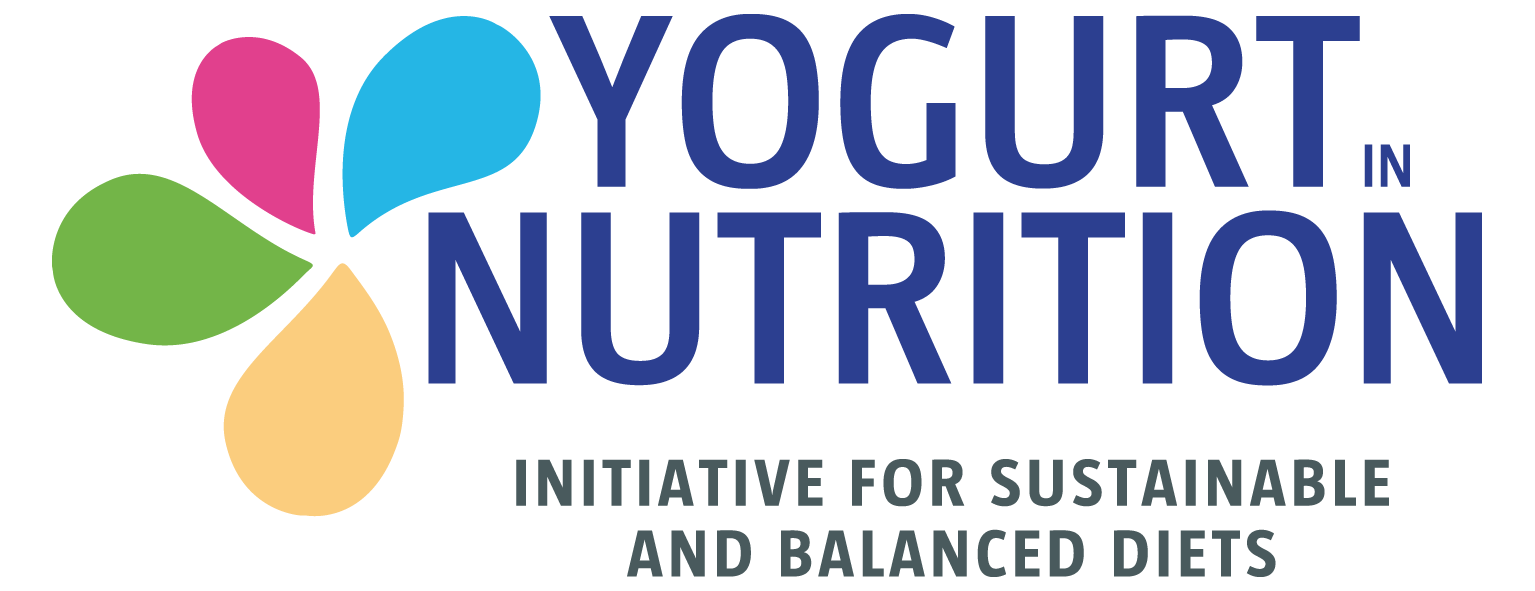This ability to consume high amounts of lactose without unpleasant side effects has been achieved through evolution of the lactase persistence (LP) trait and through domestication of lactic acid bacteria to create fermented milk products.
Indeed, for people lacking the LP trait, the fermentation of milk into yogurt and related products (a process known for >/=8500 y) aids milk digestion through the breakdown of some lactose and the provision of beta-galactosidase, which remains active in the gastrointestinal tract. In global ecological comparisons, milk and dairy intakes are strongly associated with adult height, and many international advisory bodies recommend the consumption of 400-500 ml milk equivalents/d. There are very few countries where such high intakes are met.
Populations with a low intake of dairy products have adaptive mechanisms that allow them to grow and maintain good bone health even at calcium intakes that are greatly below the RNI in high-income countries. The disturbance of these adaptations has been reported to cause some adverse sequelae, so it should not always be assumed that increasing calcium intake would be beneficial.
For this reason, a global RNI value may not be appropriate. Despite concerns that the high-saturated-fat content of full-fat dairy products may promote heart disease, recent meta-analyses show that dairy consumption is neutral or beneficial for weight control, coronary disease, diabetes, hypertension, and most cancers.





